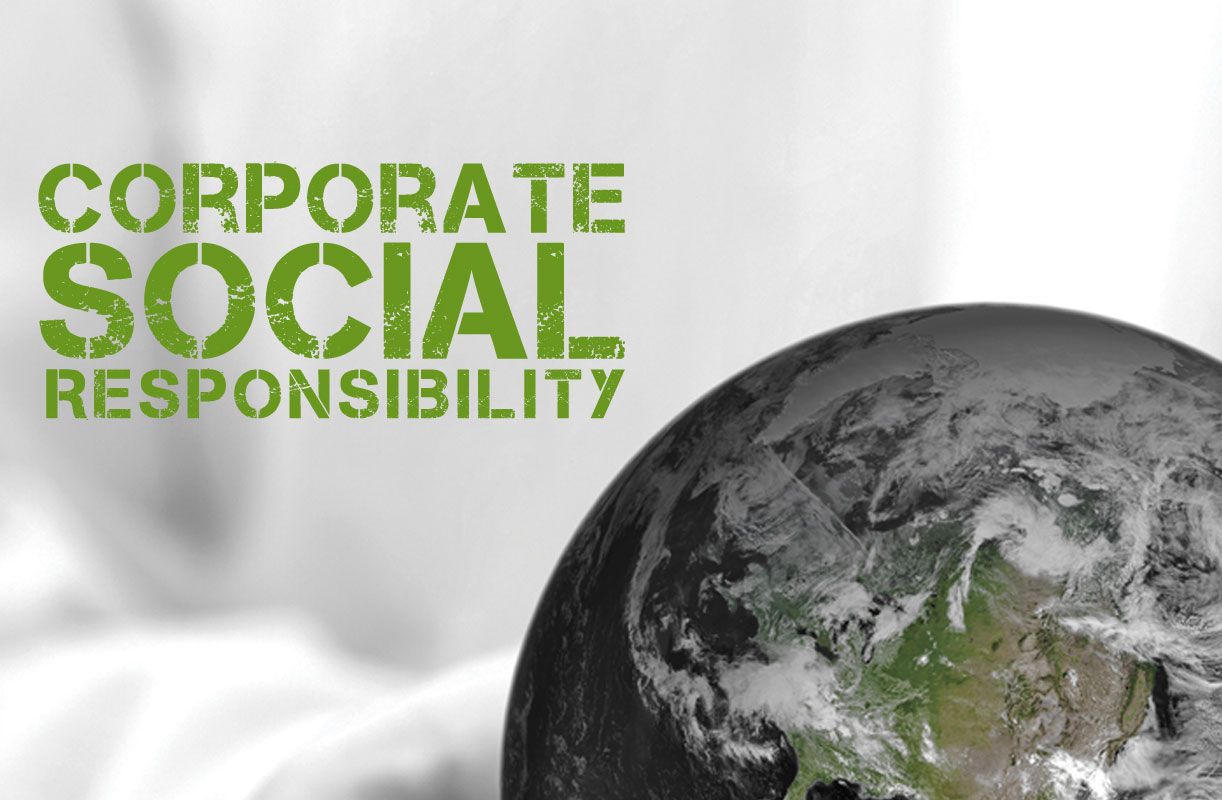By Qistina Kamal
In today’s modern day and age, Corporate Social Responsibility is no more a mere strange term in the corporate world. Almost all of the companies in the world especially those top multinational companies are engaged in corporate social responsibility in one way or another.
Corporate social responsibility, often abbreviated as “CSR,” can be defined as companys initiatives to assess and take responsibility for the company’s effects on environmental, social wellbeing and benefit to the society.
As a result, Islamic companies such as Islamic banks, Takaful operators and even government-linked companies like Tabung Haji, which are also part of the business community face even more expectations in performing CSR as they indirectly carry the image of an Islamic business entity.
According to Wan Noor Hazlina Wan Jusoh from Academy of Contemporary Islamic Studies, Universiti Teknologi MARA (Terengganu), social responsibility in Islam can be summarised through the Prophets hadith:
˜Abdullah ibn ˜Umar reported: The Messenger of Allah, peace and blessings be upon him, said, œEvery one of you is a shepherd and is responsible for his flock. The leader of the people is a guardian and is responsible for his subjects: a man is the guardian of his family and is responsible for his subjects, a woman is the guardian of her husbands home and of his children and is responsible for them, and the slave of a man is a guardian of his masters property and is responsible for it. Surely, every one of you is a shepherd and responsible for his flock. (Sahih Bukhari, No. 7138, 1229).
The above hadith indicates that every individual is responsible towards others regardless of his or her position. In Islam, this is done to ensure that justice is upheld for all parties involved in any dealings, agreements or negotiations. Besides that, CSR is also one of the ways that an Islamic company can promote dawah or spreading the beautiful teachings of Islam to the society as a whole.
As mentioned in the Quran, Muslims are encouraged to help each other because they are brothers, as Allah says:
œThe believers are but a single brotherhood.. [Quran, Al-Hujurat: 10]. This is further enforced when Allah also commands Muslims to cooperate and help each other in righteousness and do not collaborate in sin:Â œHelp ye one another in righteousness and piety, but help ye not one another in sin and rancour[Quran, Al-Maidah:2].
Moreover, Allah explains in another verse: œIt is not righteousness that ye turn your faces towards east or West; but it is righteousness – to believe in Allah and the Last Day, and the angels, and the Book, and the Messengers; to spend of your substance, out of love for him, for your kin, for orphans, for the needy, for the wayfarer, for those who ask, and for the ransom of slaves; to be steadfast in prayer, and practice regular charity; to fulfil the contracts which ye have made; and to be firm and patient, in pain (or suffering) and adversity, and throughout all periods of panic. Such are the people of truth, the Allah fearing, [Quran, Al-Baqarah: 177].
By interpreting the three verses above, it shows that the social responsibility concept has been embedded in Muslim way of life as early as Islam itself. Due to these verses mentioned in the Quran, CSR is also one of the ways for an Islamic company to perform sadaqah or charity to the society. The poor and the needy of the society will directly and indirectly benefit from the CSR programme organised by the Islamic company.
The practice of CSR is truly encouraged as it does not only benefit the society as a whole but also raises the image of Islam through these Islamic companies not just locally but also on the world stage. ***
